Bifíá Yà Mendá - Èwóban
Èdúk

("toilet"/" toilette")
Èyáñese
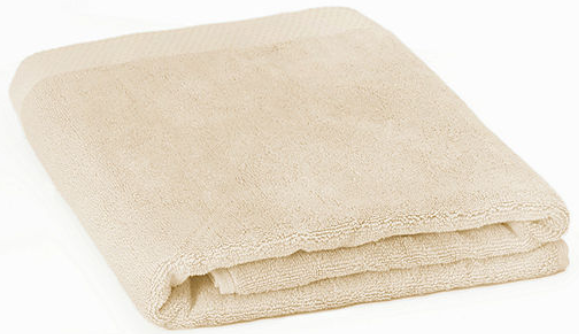
("towel"/"serviette")
Ndúma'a
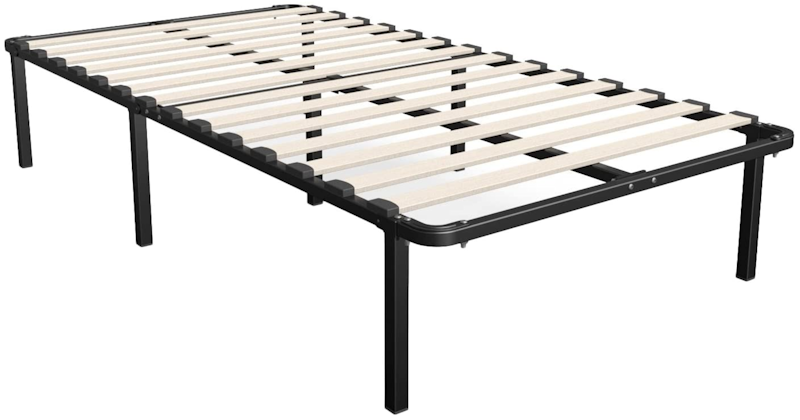
("Bed Frame"/"Sommier")
Afu
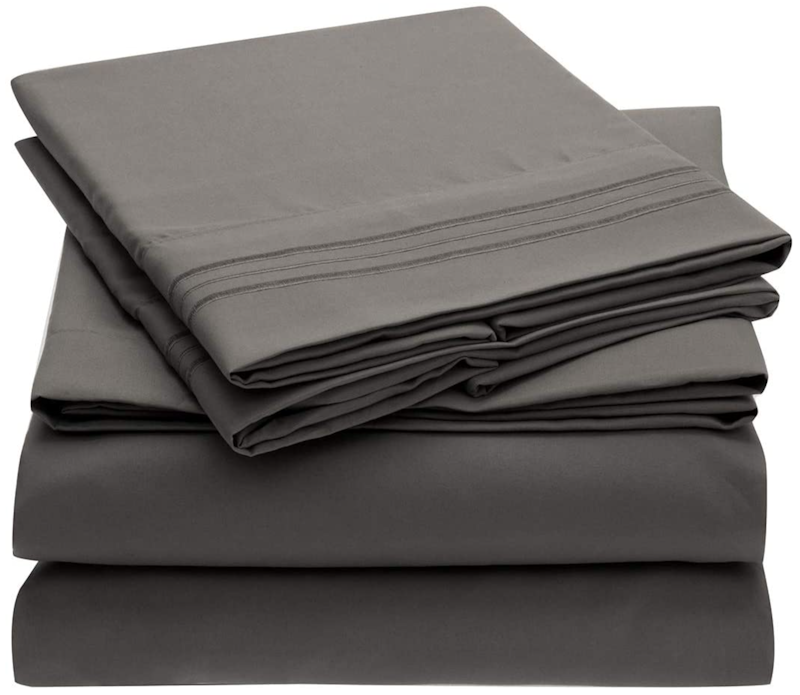
("Bed Sheet"/"Drap")
Afu é ne ndam èndélé b'á bôè a ê ndamè ê mbó-yôp yà ányôndôk:
Mfiñgá
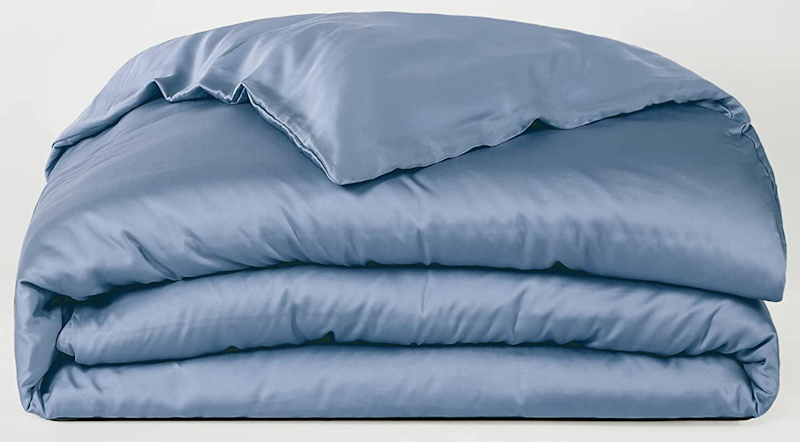
("Bed Comforter"/"Couverture, Couvre-Lit")
Èbôñgá
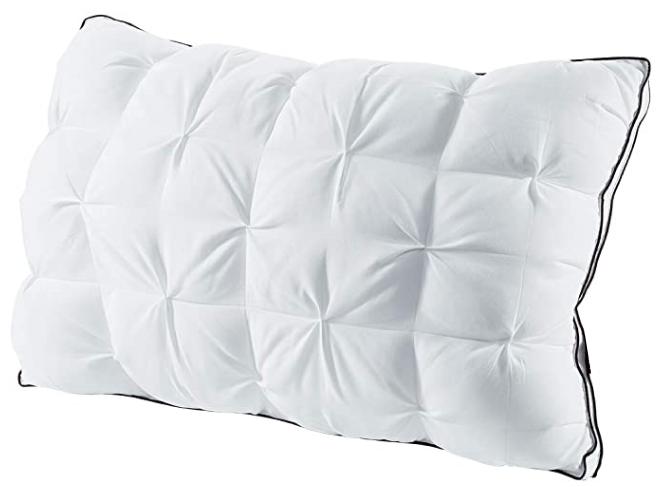
("Pillow"/"Oreiller")
Biyoñ b'iziñ bõt b'á belan bibôñgá bíbàé, èbôñgá jíá ê mbó-ñnôm aa èbôñg'èvó' ê mbó-ñgál:

("A bed with two pillows"/"Un lit avec deux oreillets")
Èko-ziñ ású éyós, bõt bê wô'õ bôè ábui ê bibõñgá:
Bibôñgá

("A bed with many pillows"/"Un lit avec beacoup d'oreillets")
4. Ènòñ
Ènòñ

("Bed"/"Lit")
Ènòñ é n'èyõlè ábômê jôm ê yà ê vôm ê mõt a a bômbõ:
Ènòñ é bil'énòñ ê ñkè aa ènòñ ákõé:
4. Ndábôm è ne ndá ya ê vôm mõt a a bômbõ, ñgê ke bõt b'á bômbõ. Ndábôm è bilí mbé, mimfin, fán jiá ñgê ke mefán ábui. Ê vômê mimfin míbàé mí á tôban a ne jôé na akùk:
5. Ndábôm è ne bi ê binye' meválê mevál, an'étò jíá ñgê k'abui ê bitò, tawôlõ, akeêke.
Ê fefêl ènòñ, b'ê wô'õ télè énye' é nê jôé na abôlá' énòñ:
Biyoñ b'iziñ, ndábôm è bilí Closet. Nál'a ne ê vôm b'á ba'ale biyé:
===============================================================ñá

("townhouse"/"")
Vôm Ya Énòñ
("Traditionnally, Bulu houses are built with sheets of leaves of Raphia palm."/"Traditionnellement, les maison Boulou sont couvertes de feuilles de raphia tressées.")
(" "/" s'appelle nd")
("When we speak, we use some words that are associated with houses. Therefore, repeat the following sentences:"/"Quand nous parlons, nous utilisons certains mots qui sont associés avec les maisons. Alors, répètes les phrases suivantes:")
("I am going to the house. I am going to my house."/" Je me rends chez moi.")
("You (Singular) are coming from the house. You (Singular) are coming from your house."/"Tu sors de la maison. Tu viens de chez toi.")
("He/She is going back to the house. He/She is going back to his/her house."/"Il/Elle rentre à la maison. Il/Elle rentre chez lui/elle.")
("We are building a house. We are building some houses."/"Nous battissons une maison. Nous batissons des maisons.")
("You (Plural) are cleaning the house. You (Plural) are cleaning some houses."/"Vous (Pluriel) nettoyez la maison. Vous (Pluriel) nettoyez les maisons.")
("Your (Singular) children grew up (were raised) in my house. Those children were raised (grew up) in our house."/"été élevés) dans notre maison.")
("There are different types of houses. Say the following words:"/"Il existe beaucoup de genres de maisons. :")

(""/"")
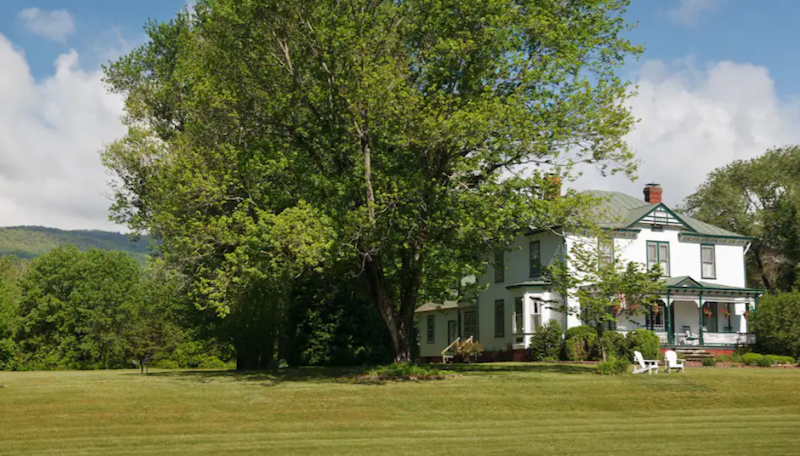
("bed-and-breakfast"/"auberge")
("For a few examples that use those words, repeat the following sentences:"/"Pour quelques exemples qui utilisent ces mots, :")
("I am going to catch the chicken in the barn."/"Je m'en vais arrêter la poule dans le poulaillé.")
("Why are you in a hotel? Come and stay with me!"/"Pourquoi es-tu dans un hôtel? Viens rester avec moi!")
("The king is erecting a large building as a library for the Bulu people."/"Le roi est en train de battir un immeuble comme bibliothèque.")
.
("We are staying in a motel because we don't have enough money."/"Nous sommes dans un motel parce que nous n'avons pas assez d'argent.")
("You (Plural) want a big house? Start with a strong construction frame!eat the following sentences:"/"Pour quelques exemples qui utilisent ces mots, répètes les phrases suivantes:")
B''y
("Everybody is gathered in the meeting room. They are listening to the biography of Oba'a Mbeti"/"Tous les gens sont réunis dan la Case à palabres. Ils écoutent la biographie d'Oba'a Mbeti.")
5.
("A house has many parts. A foundation is the parts where a house is standing:"/"Une maison a beaucoup de parties. La fondation est l'endroit où la maison se tient:")
:
("foundation"/"foundation")
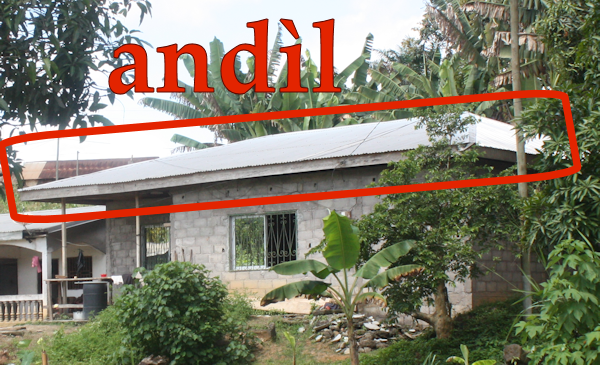
("the roof (of a house, a vehicle, etc) (the roof is the part that covers a house)"/"le toit (d'une maison, d'un véhicule, etc) (le toit est la partie qui couvre la maison)")
("knitted sheet of leaves of Raphia palm used for roofing (some houses are covered with large sheets of aluminium)"/"tresse de feuilles de raphia utilisée pour couvrir une maison (certaines maisons sont couvertes de toles (des feuilles d'aluminium)")
("aluminium sheet used to cover a house"/"feuille de tole utilisée à couvrir une maison")
7. Abui bíôm bí á beleban yà lôñ a ê sú'ú ndá. Ású bive'án bíôm bíte, tót ê bífíá biná:
("Many objects are involved in the construction and support of a house. For a few examples, repeat the following words:"/"Beaucoup d'objets sont utilisés dans la construction et le support d'une maison. Pour quelques exemples, répètes les mots suivants:")
mintu'a
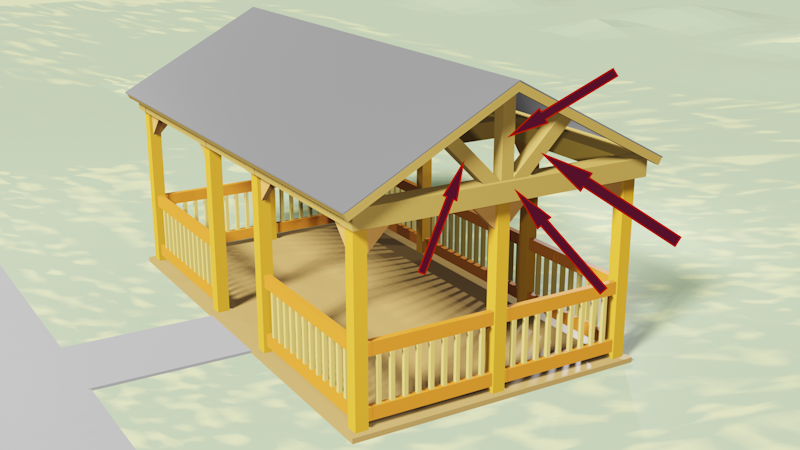
("rafters"/"poutre(s) (d'une maison)")
akõn
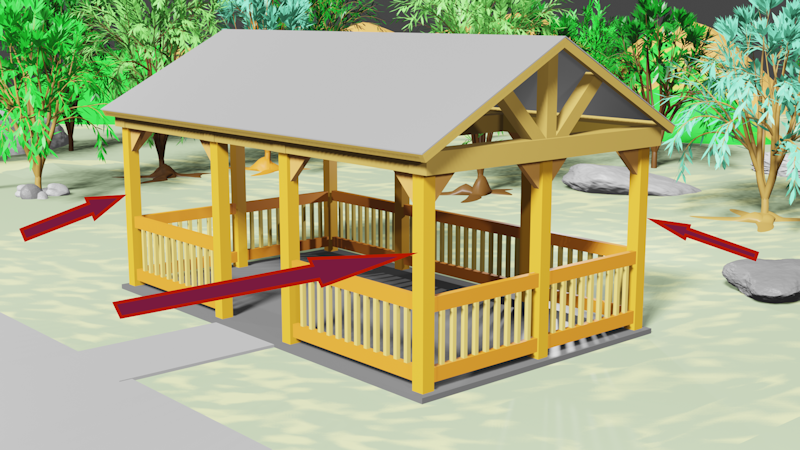
("post, a standing log or steel post that is used to sustain something"/"poteau")
8. Ndá è bilí bikpwelé bí á vólõ mõt á nyíin ê ndá èté ñgê ê kúí átán (ñgê ke náa tít é nyíin ê nd'é èté ñgê ê ke átán). Ású bive'án bikpwelé y'été, tót ê mêjô maná:")
("A house is equipped with various accessories that allow a person, an animal, or a bird, to get in the house or out of the house. For a few exemples, repeat the following words and sentences:"/"Une maison est équippées d'accessoires qui permettent à une personne, un animal, ou un oiseau à entrer dans la maison ou d'en sortir. Pour quelques exemples, répètes les mots et phrases suivants:")
mbé
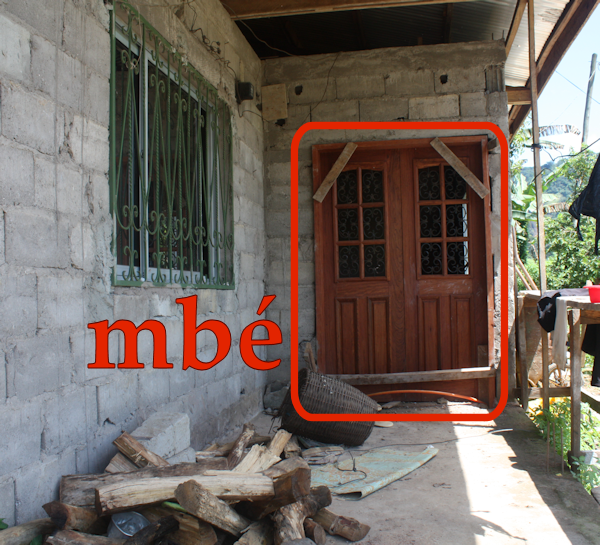
("door, opening (that can be closed), small gate"/"porte, ouverture")
9. Nálé fe, bí á kóbõ abui ê mam mê tií aa mimbé. Ású bive'án, tót ê mêjô maná:
("We say many things that are related to doors. For a few exemples, repeat the following sentences:"/"Nous disons beaucoup de choses quand il s'agit des ports. Pour quelques exemples, répètes les phrases suivantes:")
M'a diin e mbé. M'a diin e mbé ôte.
("I am opening the door. I am opening that door."/"J'ouvre la porte. J'ouvre cette porte")
Wo fombõ e mbé. Wo fombõ èvêle ê mbé. Wo fomb'èvêl'ê mbé.
("You (Singular) are looking at the door. You (Singular) are looking at a red door"/"Tu regardes la porte. Tu regardes une porte rouge.")
A a kut e mbé. A a kut e mbé étyè.
("He/She is knocking at the door. He/She is knocking at a metallic door."/"Il/Elle frappe (cogne) la porte. Il/Elle frappe (cogne) une porte métallique.")
Bí áá zu ê ke bôé ê mbé wu! Bí á ke bôé ê mbé wulí!
("We will not break this door. We are going to break that other door."/"Nous n'allons pas casser (briser) cette porte-ci. Nous partons casser (briser) l'autre porte qui est là-bas.")
Ye mí á kômbõ bôé ê mbé? Ye mí á zu bôé ézà mbé?
("Are you (Plural) trying to break the door? Are you (Plural) going to break somebody's door?"/"Vous (Pluriel) voulez casser la (cette) porte? Allez-vous (Pluriel) briser la porte d'autrui.")
Bê ñgá koene mbé ô yóo.
("They found the door open."/"Ils/Elles avaient trouvé la porte ouverte.")
10. Ású mam mefê mê tií aa mendá, tót ê bífíá biná:
("For other matters related to houses, repeat the following words:"/"Pour d'autres choses liées aux mots, répètes les phrases suivantes:")
mbé-sí
("bottom of a door, entry point"/"devant la porte, le c⊚té bas d'une porte")
fán

("window"/"fenêtre")
agõñ
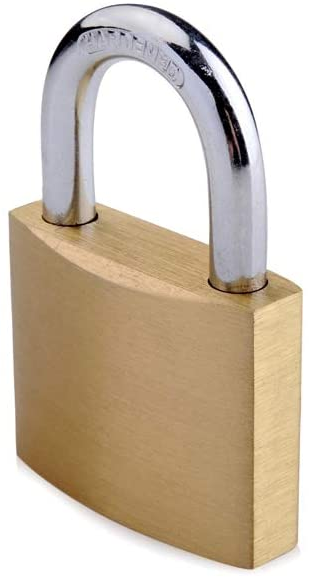
("lock"/"cadena (d'une maison, d'un véhicule, etc), serrure")
meñgõñ
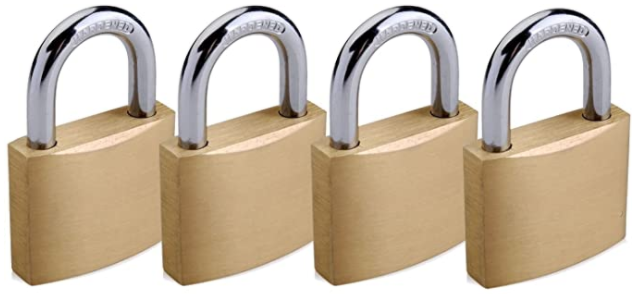
("locks"/"cadenas (d'une maison, d'un véhicule, etc), serrure")
èdiba'a
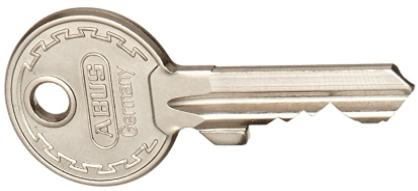
("key"/"clef")
bidiba'a

("keys"/"clés")
mbálá'á sí
("porche"/"véranda")
èbes
("projection"/"projection")
abám
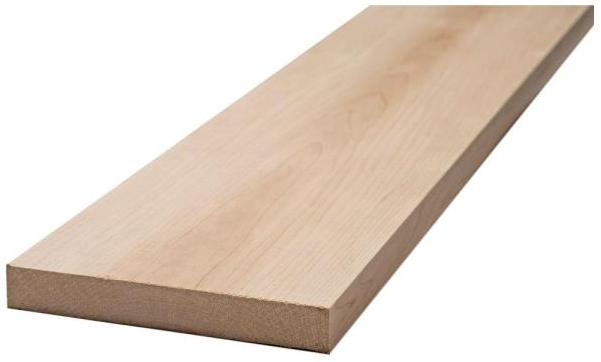
("flat log"/"planche")
fálák
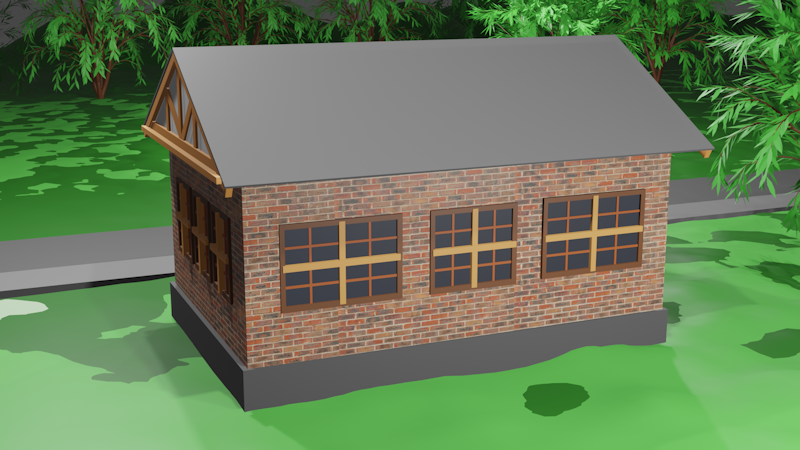
("the back of a house"/"le derrière d'une maison")
Bê têle ê fálá'á ndá. Bê ne ê mefálá'á mendá.
("They are (standing) behind the house. They are (You can find them) behind the houses."/Ils/Elles sont derrière la maison. Ils/Elles sont derrière les maisons.")
èsu
("the primary or back wall of a house"/"le mur principal ou arrière d'une maison")
èsu-fálák
("the back of the primary wall of a house"/"le derrière du mur principal d'une maison")
(""/"")
õkala

("rug"/"tapis")
ètó
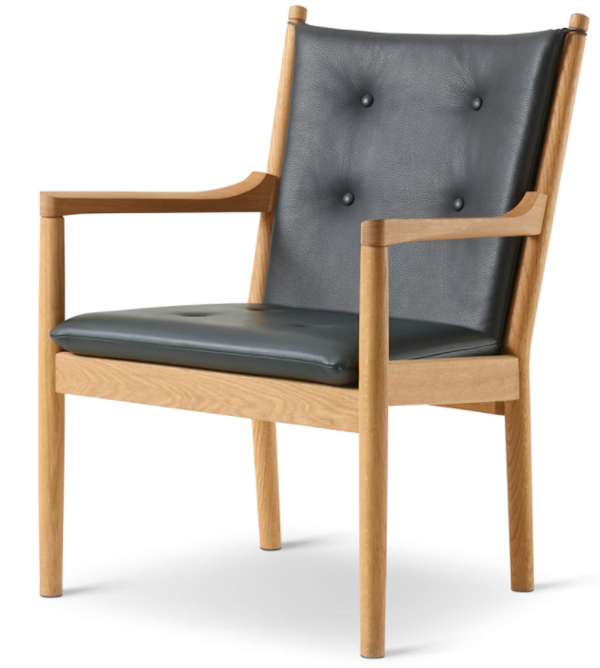
("seat, chair"/"chaise")
tawôlõ
("table"/"table")
èwóban
(("bathroom"/"lavabo, salle de bain")
ènòñ
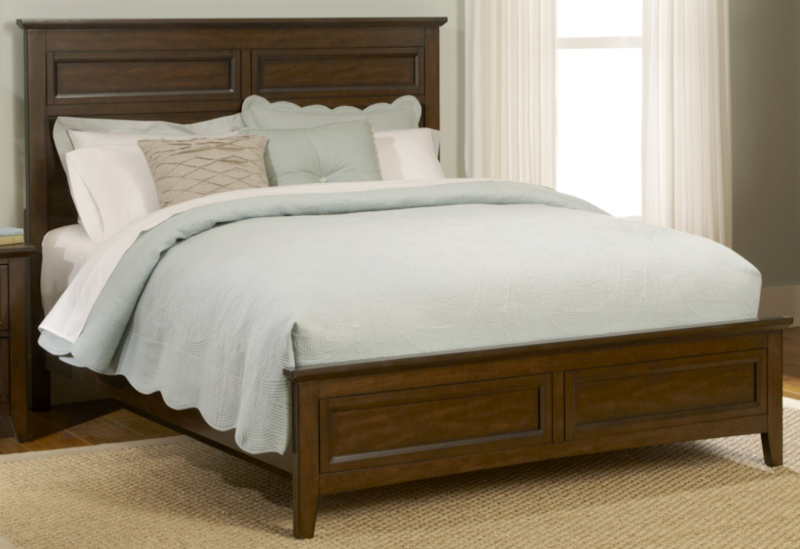
("bed"/"lit")
abôlá'á énòñ = abôlá' énòñ
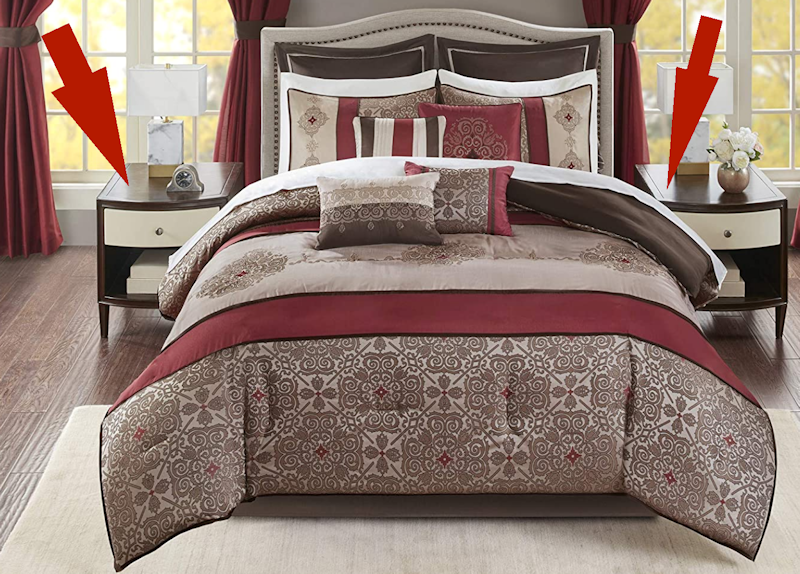
("bed furniture, furniture next to a bed"/"chevet, meuble à côté du lit")
èbôñgá

("pillow"/"oreiller")
mfiñgá
("comforter"/"couverture")afu
("bed sheet"/"drap")
Mimféfé Bífíá
anyôndôk (abui: menyôndôk): mattress/mattelas
ènyek (abui: binyek): furniture/meuble
èyós (abui: biyós): decoration/décoration
ndúma'a (abui: mindúma'a): bed frame/sommier